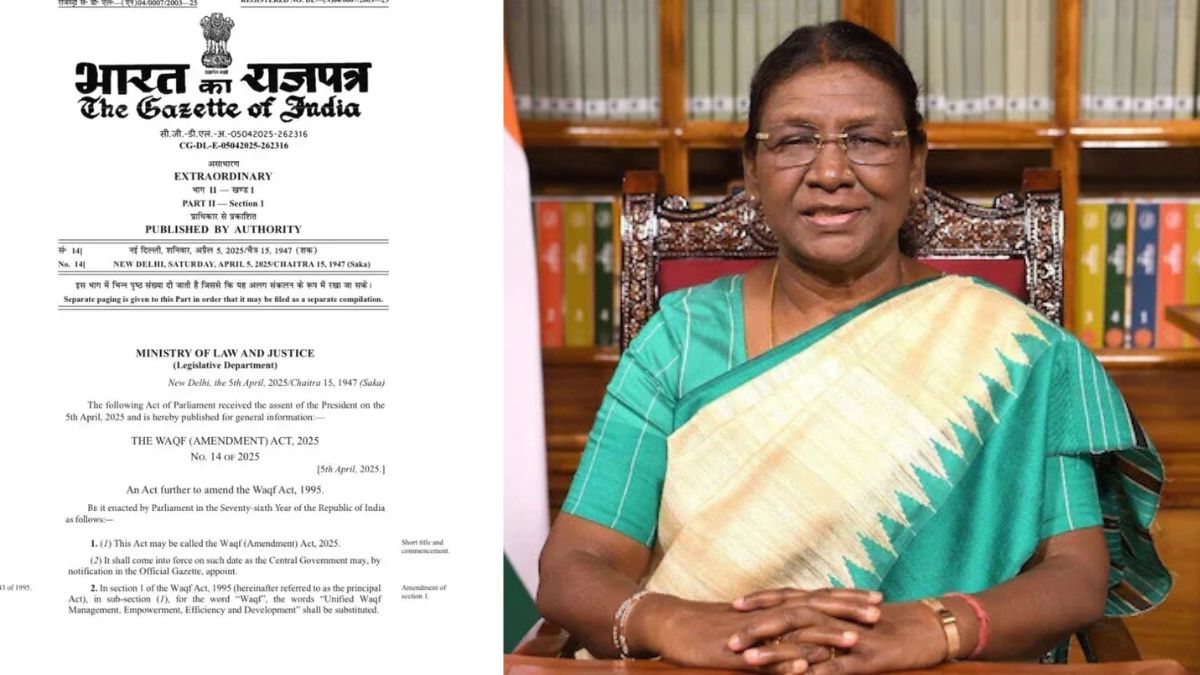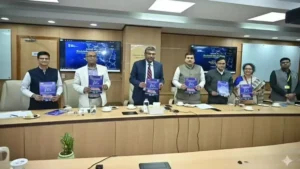On April 5, 2025, President Droupadi Murmu gave her assent to the Waqf (Amendment) Act, 2025, marking a significant shift in the administrative dynamics of Waqf properties in India. The bill, passed after three days of intense debate in both the Lok Sabha and Rajya Sabha, has stirred nationwide discussions and legal challenges. While the government argues it ensures transparency and accountability, critics claim it potentially violates constitutional principles related to religious freedom.
Key Highlights of the Waqf (Amendment) Act, 2025:
Presidential Assent
- Received on April 5, 2025, as notified by the Union Law Ministry.
Parliamentary Debate
- Passed after three days of debate in both houses.
Legal Challenges
- AIMIM chief Asaduddin Owaisi and Congress MP Mohammed Javed have challenged the Act in the Supreme Court.
- Allegations include violation of constitutional rights, especially religious freedoms.
Government’s Stand
- As per Home Minister Amit Shah, the Act does not interfere with Islamic religious practices.
- Clarified that Waqf (charitable endowment) remains exclusive to Muslim donors (waqif).
Inclusion of Non-Muslims
- Allowed in Waqf Boards or Councils for administrative purposes only.
- Intended to enhance transparency and ensure proper use of Waqf donations.
Clarifications on Misconceptions
- Shah dismissed fears, saying the Waqf system remains religious, but Boards/Councils are administrative.
- Accused opposition of spreading misinformation for vote bank politics.
Impact on Madrassas & Muslim Education
- Some concerns have been raised about the administrative reach of non-Muslims in overseeing Waqf-supported educational institutions.
- The government maintains educational and religious activities will remain unaffected.



 DBT Marks 40 Years; Dr Jitendra Singh La...
DBT Marks 40 Years; Dr Jitendra Singh La...
 MeitY Launches ‘Blockchain India Challen...
MeitY Launches ‘Blockchain India Challen...
 Cabinet Approves MSP for Raw Jute for 20...
Cabinet Approves MSP for Raw Jute for 20...








